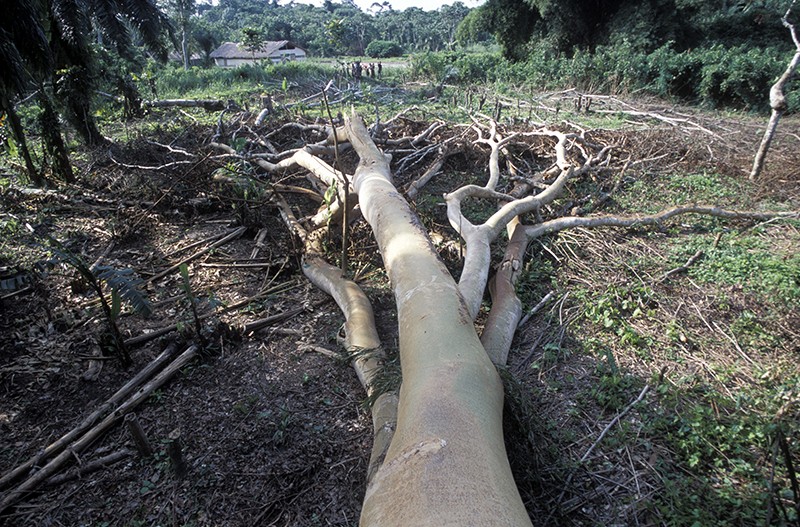India, China set to become hotspots for “zoonotic diseases”. As human pressure on forests continues to increase, it could trigger increasing human-wildlife interactions, the State of the World’s Forests 2022 report has said. The study says that at least 10,000 virus species have the capacity to infect humans.
India and China may emerge as the biggest hotspots for new zoonotic viral diseases — those that spread from wildlife to other mammals —and very likely to humans over the next few decades, a report in the Deccan Chronicle, says.
As human pressure on forests continues to increase, it could trigger increasing human-wildlife interactions, the State of the World’s Forests 2022 report has said.
The report comes just days after a similar prediction was made in a research paper published in the journal ‘Nature’ which too said climate change-driven changes could see over the next 50 years more than 15,000 new cases of mammals transmitting viruses to other mammals.
The study says that at least 10,000 virus species have the capacity to infect humans. These, at present, according to the study ‘Climate change increases cross-species viral transmission risk’, are circulating silently in wild mammals.
The study warns that climate and land use change will produce new opportunities for viral sharing among previously geographically-isolated species of wildlife, which will result in zoonotic spillover, diseases spreading from animals to humans.
The study says this risk will be highest in areas of high human population density in Asia and Africa, and could see a rise of such viral disease transmission by 4,000 times.
Ever since the Covid-19 pandemic there has been a renewed concern over spread of zoonotic diseases, and this concern was reflected in the ‘State of the World’s Forests’ report. It said human health is closely connected to animal health, and the shared environment.
It has become apparent, the report said, that addressing the ecosystem-health dimension through responsible land-use planning and greater involvement of the forest and wildlife sectors and natural-resource managers is important.
*****************************************************************
Readers
These are extraordinary times. All of us have to rely on high-impact, trustworthy journalism. And this is especially true of the Indian Diaspora. Members of the Indian community overseas cannot be fed with inaccurate news.
Pravasi Samwad is a venture that has no shareholders. It is the result of an impassioned initiative of a handful of Indian journalists spread around the world. We have taken the small step forward with the pledge to provide news with accuracy, free from political and commercial influence. Our aim is to keep you, our readers, informed about developments at ‘home’ and across the world that affect you.
Please help us to keep our journalism independent and free.
In these difficult times, to run a news website requires finances. While every contribution, big or small, will makes a difference, we request our readers to put us in touch with advertisers worldwide. It will be a great help.
For more information: pravasisamwad00@gmail.com









